Even as the world grows ever smaller and increasingly, inexorably interconnected, there are still corners of the globe and facets of the human experience that can surprise and fascinate the most jaded moviegoer. Documentarians Chang-Yong Moon and Jin Jeon have uncovered one such corner with Becoming Who I Was, a documentary following the childhood of a Rinpoche, reincarnated Tibetan Buddhist lama, who was reborn in the Ladakh region of northern India.
Whether or not you believe in reincarnation is almost irrelevant here, as the primary goal of Moon and Jeon’s film is to function more as a character study of the young Rinpoche, Padma Angdu, and his caregiver, Urgyan Rickzen. Appointed by the local monastery to supervise Angdu’s spiritual and material upbringing, Urgyan serves as an odd amalgam of servant and surrogate father to the boy, who Moon and Jean follow for eight formative years. The filmmakers’ commitment to documenting their subject is admirable, as the circumstances surrounding the boy’s childhood grow increasingly complicated.
The central conflict in Angdu’s story is that they haven’t come to retrieve their reincarnated lama, which could either be a result of the Chinese government’s rigid enforcement of the Tibetan border or some perceived spiritual flaw on Angdu’s part. The Ladakhi monastery certainly seems to believe the latter, having exiled Angdu from their ranks and leaving Urgyan solely responsible for his spiritual development. The possibility that the monks who would have followed Angdu’s previous incarnation might not have become aware of his existence is never really addressed by the filmmakers, and while it might simply be some aspect of the Rinpoche mythos that I don’t understand, it does seem like an odd oversight.
This last point is crucial to understanding the virtues and flaws of Jeon and Moon’s approach as documentarians. The two are absolutely and completely averse to interfering or commenting in any way, adhering to the strictest standards of documentary ethics. They never delve into any of the religious or political questions their film raises; they simply pointed the camera at what they’ve seen for the better part of a decade. Their tenacity is admirable, but the absence of any external voices providing context for their subject becomes frustrating at times.
For the first hour of the film, we’re shown Angdu as a surprisingly normal child in a sociological environment that feels distinctly foreign to Western audiences — but Becoming Who I Was really becomes what it is in its last act, as Urgyan takes Angdu on a last-ditch foot journey to try to reunite him with his erstwhile followers. The quest is both harrowing and beautiful, transitioning into a road film set against the majestic backdrop of the Himalayas. It’s this last half-hour that cements the film’s central relationship as one of the most touching to find it’s way into any documentary in years and confirms the sneaking suspicion that Jeon and Moon are going to refuse any catharsis beyond their logical but heart-wrenching conclusion.
Whereas most American documentarians would have felt compelled to give the audience some sort of comfortable finality to wrap their heads around, Moon and Jeon stubbornly refuse to tie everything up in a nice bow, opting for a relatively downbeat ending. It’s emblematic of the film as a whole — intriguing, impeccably documented, but somehow a little to oblique to reach its full potential. Not Rated. Ladakhi, Tibetan and Hindi dialogue with English subtitles.
Now Playing at Grail Moviehouse.

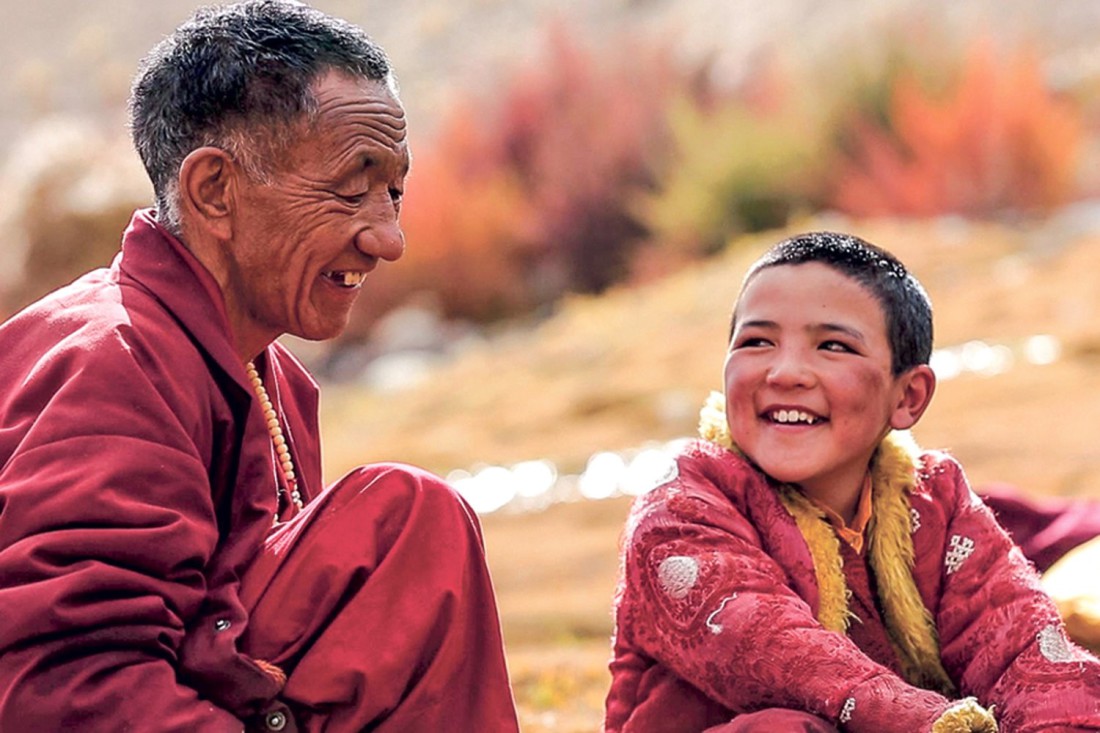
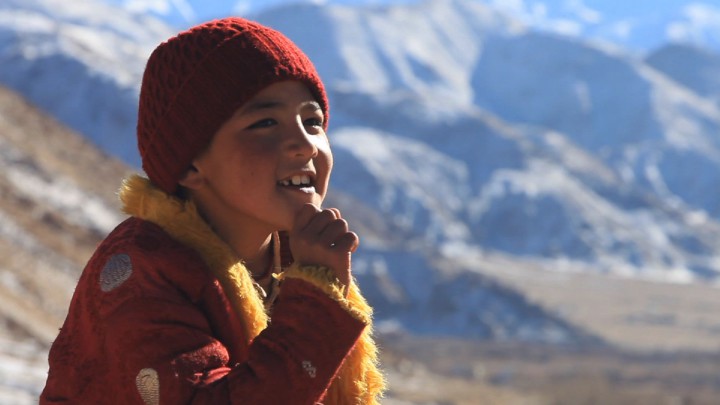
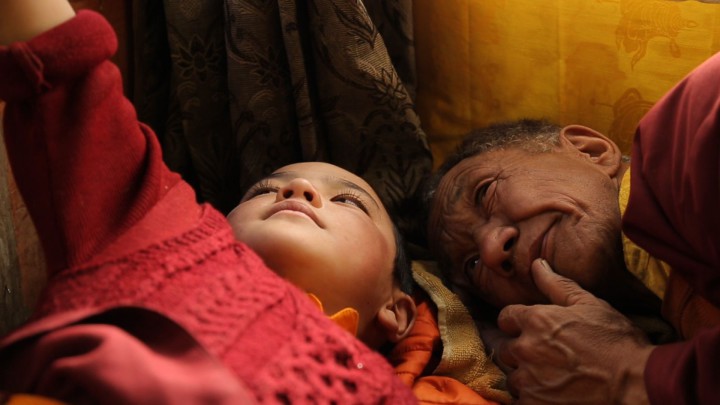

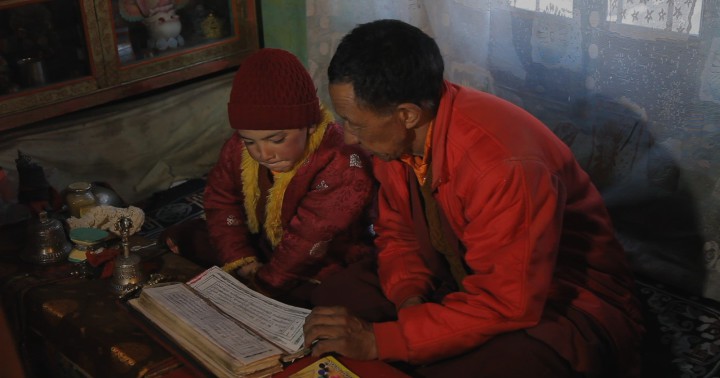
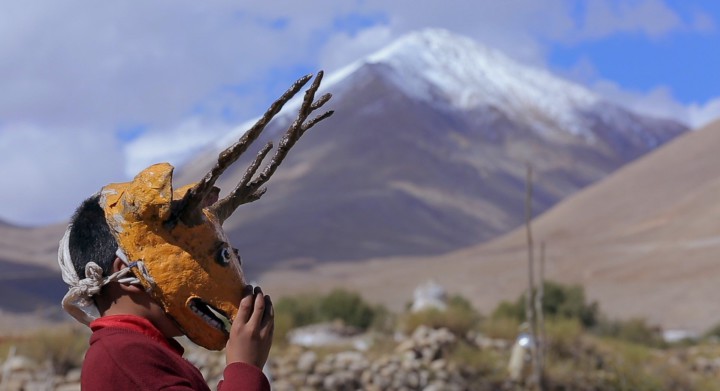
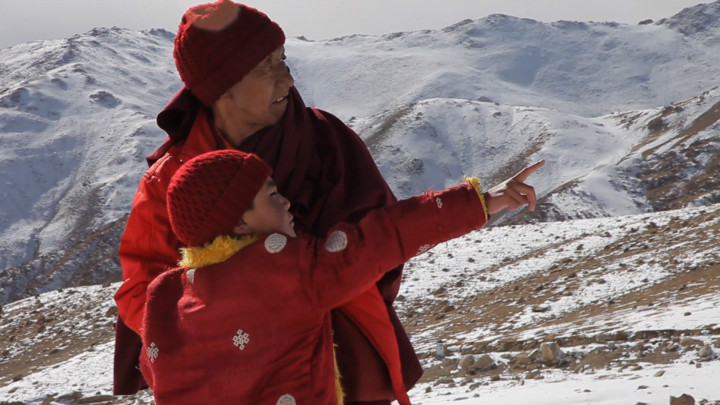
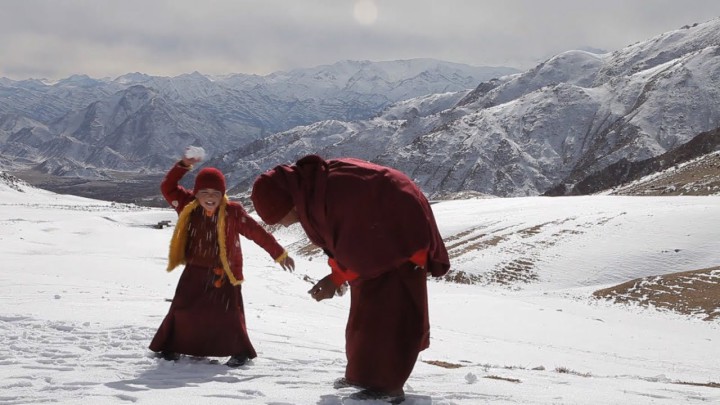

Before you comment
The comments section is here to provide a platform for civil dialogue on the issues we face together as a local community. Xpress is committed to offering this platform for all voices, but when the tone of the discussion gets nasty or strays off topic, we believe many people choose not to participate. Xpress editors are determined to moderate comments to ensure a constructive interchange is maintained. All comments judged not to be in keeping with the spirit of civil discourse will be removed and repeat violators will be banned. See here for our terms of service. Thank you for being part of this effort to promote respectful discussion.